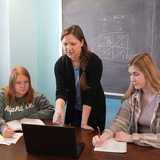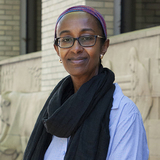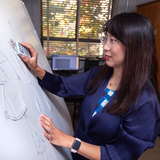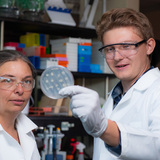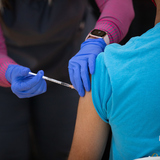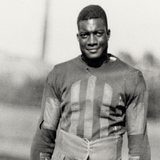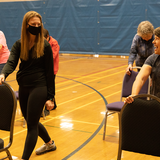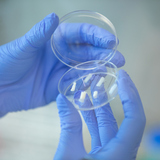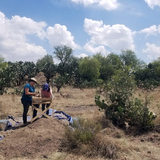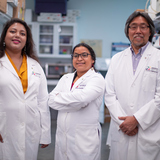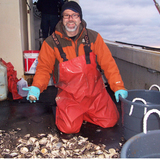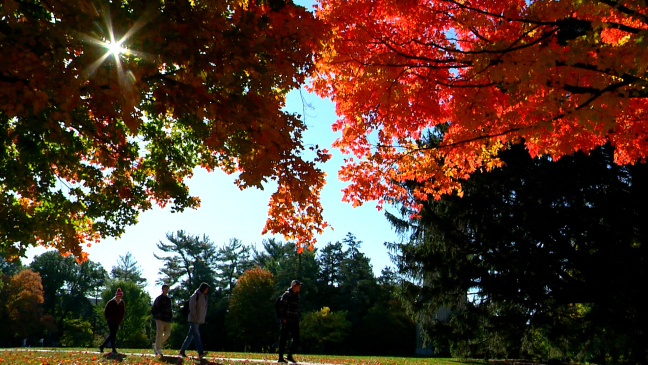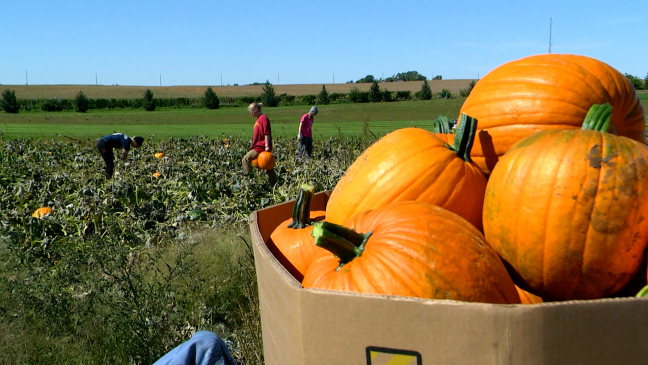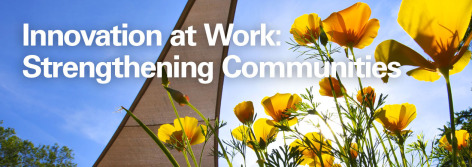News Archive
Thursday, October 20 2022
-
Forgetting is natural, but learning how to learn can slow it down
After reviewing more than 100 years of research on learning, authors of a new paper say combining two strategies – spacing and retrieval practice – is key to success.
-
Lecture by WeRateDogs creator to celebrate very good dogs and showcase entrepreneurship, philanthropy
Matt Nelson created the social media phenomenon WeRateDogs® and has leveraged the platform to help animals receive critical veterinary care and find forever homes. Nelson will deliver a lecture at Iowa State on Thursday to discuss social media, entrepreneurship and philanthropy. To prepare for the event, the ISU Lectures Program is inviting the campus community to take part in We Rate ISU Dogs on Twitter, Instagram and Facebook.
-
Global hunger, carbon emissions could both spike if war limits grain exports
If Russia's war in Ukraine significantly reduces grain exports, surging prices could worsen food insecurity, with increases up to 4.6% for corn and 7.2% for wheat. That also would have an environmental impact, with carbon emissions rising as additional land is used to grow crops.
-
Moonshot science focus of 2022 Norman Borlaug lecture
Thousands of decision-makers have relied on the research of 2022 World Food Prize laureate, Cynthia Rosenzweig, to adapt local, national and global food systems to changes in climate. Rosenzweig, a senior research scientist and head of the Climate Impacts Group at the Goddard Institute for Space Studies, will deliver this year’s Norman Borlaug lecture at Iowa State University.
-
Researcher designs better maternity garments, launches company with ISU assistance
Recognizing a need for better maternity and nursing garments, a researcher at ISU is developing her own line of products and launching a business. Assistant Professor Ling Zhang received a competitive Regents Innovation Fund grant and is part of the ISU Startup Factory cohort this fall.
-
Designing a plant cuticle in the lab could yield many benefits
Scientists are working to bioengineer a common defense mechanism that most plants develop naturally to protect against drought, insects and other environmental stresses. The goal is to identify the genetic structure of a plant cuticle and create a roadmap for breeding plants with designer cuticles that can respond to changing climates.
-
Researchers recommend future pandemic responses account for ethnicity, social factors
Building on a disease model they created last year, researchers at ISU find accounting for ethnicity and social factors may improve strategies for future pandemics.
-
Iowa State University honors Jack Trice with year-long centennial commemoration
Iowa State will honor Jack Trice with a year-long centennial commemoration, including a new sculpture, a new name for a street and special lectures and events. The commemoration “will honor Iowa State University’s first Black athlete, but it will also shine a light on what Jack Trice accomplished when he wasn’t in uniform,” said Toyia Younger, Iowa State’s senior vice president for student affairs and chair of the university’s commemoration committee.
-
CDC grant spurs research for fall prevention
With a $1 million grant from the CDC, ISU researchers and community partners will be the first to directly evaluate a walking program’s potential for reducing the risk and incidence of falling, which is the leading cause of injuries among people aged 65 and older in the U.S.
-
ISU lab aims to repair severed nerves, foster undergraduate research
Undergraduate students at ISU are part of a research team testing different structures that could be used to help patients recover from traumatic nerve injuries.
-
Search for clues may explain the collapse of ancient city in Mexico
Faculty and students from ISU joined an international team of archaeologists this summer to begin excavating one of Teotihuacan’s suburbs. The four-year project could help unlock clues about the ancient city’s mysterious collapse and what happened in the hundreds of years before Spanish conquistadors arrived in central America.
-
Researchers test hybrid, soft/hard nanocarriers to deliver drugs to the brain
Iowa State and Nanovaccine Institute researchers are working to develop nanocarriers that deliver drugs across the blood brain barrier, a high hurdle created by the body to protect the brain from pathogens. Successful nanocarriers could lead to treatments for brain disorders including Alzheimer's disease, Parkinson’s disease, ischemic stroke, epilepsy and seizures.
-
Study shows Gulf of Maine cooling for 900 years, then quickly warming since late 1800s
Researchers combined a marine history based on geochemical information in clam shells with thousands of computer simulations to determine that centuries of cooling in the Gulf of Maine suddenly reversed in the late 1800s. The researchers' climate models say greenhouse gas emissions have been a major driver of the warming in the Gulf of Maine.
